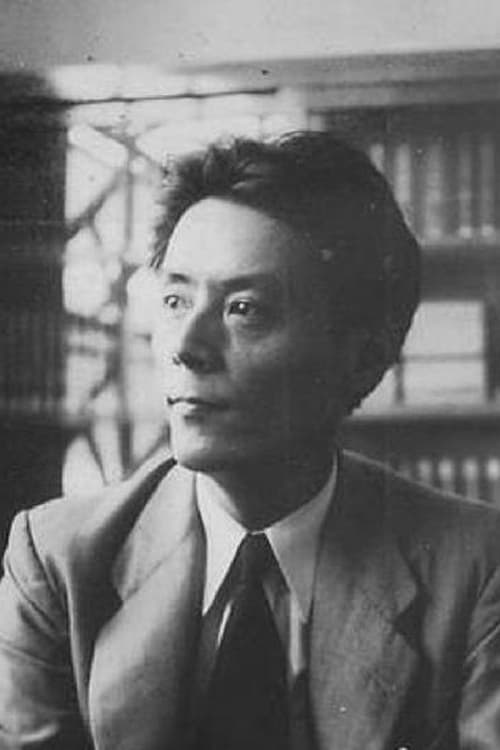Hiroshi Akutagawa
Birth : 1920-03-20, Tokyo, Tokyo Prefecture, Japan
Death : 1981-10-25
History
Hiroshi Akutagawa (芥川比呂志) was born on March 20, 1920 in Tokyo, Japan. He was an actor, known for Where Chimneys Are Seen (1953), Gan (1953) and Tôkyô yawa (1961). He died on October 25, 1981 in Tokyo.
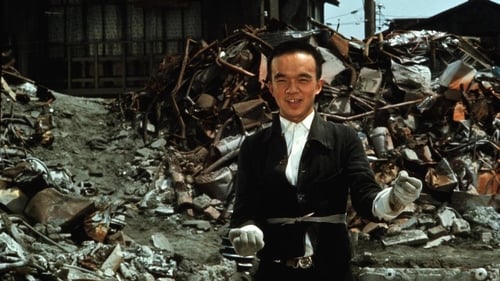
Hei
This film follows the daily lives of a group of people barely scraping by in a slum on the outskirts of Tokyo. Yet as desperate as their circumstances are, each of them—the homeless father and son envisioning their dream house; the young woman abused by her uncle; the boy who imagines himself a trolley conductor—finds reasons to carry on.

Mizuno Echizennokami
An outlaw pushes the residents of Edo's red light district to rebel against a growing number of stifling, moralistic laws.
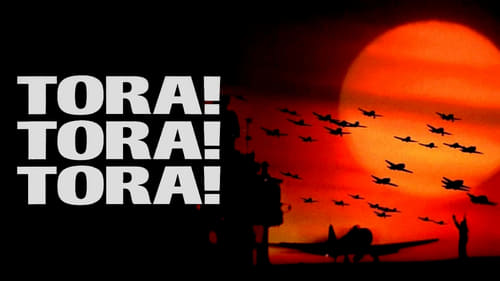
Lord Keeper of the Privy Seal Koichi Kido (uncredited)
In the summer of 1941, the United States and Japan seem on the brink of war after constant embargos and failed diplomacy come to no end. "Tora! Tora! Tora!", named after the code words use by the lead Japanese pilot to indicate they had surprised the Americans, covers the days leading up to the attack on Pearl Harbor, which plunged America into the Second World War.
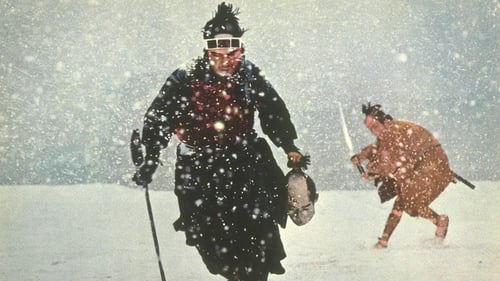
Narrator (voice)
This anthology film consists of nine incidents in the late 19th and early 20th centuries when assassins changed the course of Japanese history.
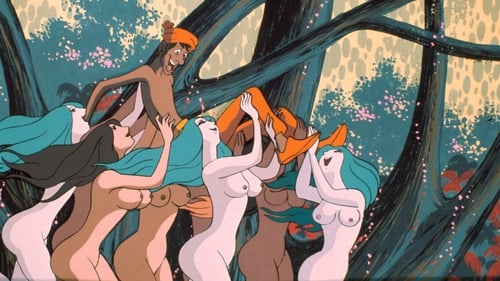
Badli (voice)
Aldin, a vagabond water vendor, embarks of a series of fantastical and tragic misadventures through the Middle East in search of love, fortune, and power.

Narrator (voice)
This is the sequel to Jose Torres (1959), the portrayal of Puerto Rican boxer Jose Torres, who won a silver medal in the 1956 Melbourne Olympics. We follow Torres from his training in preparation to challenge world lightweight champion Willie Pastrano, to the match and Torres’ victory in 1965. The contrast between the nervous Torres before the match, filmed in painstaking detail, and the first round, filmed in one shot, is striking.
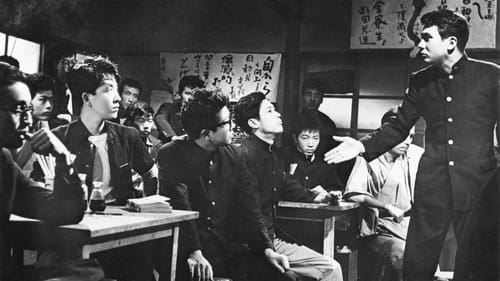
Prof. Udagawa
Nagisa Oshima’s most personal film is a reflection by the director on his own disillusionment with the revolutionary student movement of the 1950s and the failure of political radicalism. Taking its title (as a reference or homage) from Alain Resnais’ pivotal 1956 documentary Nuit et Brouillard, the film has a group of former student revolutionaries who meet again years later at the wedding of one of their classmates. Old feelings, rivalries and grudges gradually erupt to the surface as the one-time friends recall the various treacheries by which their cause was defeated. Cutting between times past and the present, and unfolding the action from each of his characters viewpoints, Oshima creates an abstract and yet engrossing study of passions past and principles eroded. —Yume Pictures

In this Japanese drama, a village girl goes to Tokyo and becomes a hooker to support her ailing mother. While there she meets an unmarried teacher (at least he says he's unmarried) and falls in love. When she learns that he lied and is married to a woman whose child was fathered by another man, she is crushed. He returns to his wife. The woman becomes more distraught when she learns her uncle has misused the money she has sent. As the final straw, her mother dies, and the girl becomes sick.
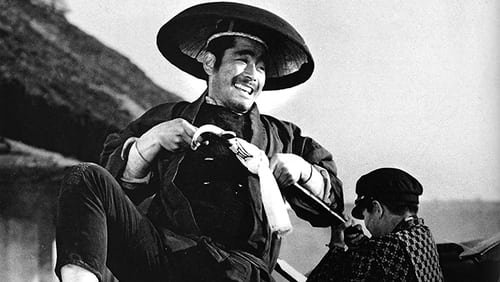
Capitaine Kotaro Yoshioka
The story of Muhōmatsu, a rickshaw man who becomes a surrogate father to the child of a recently widowed woman.

Osamu Harada
A traditional bar mistress in Kyoto clashes with her Tokyo rival.

The story of a novelist whose wife is confined in a mental hospital. His love for her drives him to write about her, though he runs into trouble when her parents accuse him of cashing in on her misfortune.

Directed by Yoshiro Kawazu

Three short tales from stories by Ichiyo Higuchi. In one, a young woman is degraded by her family after an arranged marriage. Another deals with the troubles heaped upon a young servant by her family and the wealthy people who employ her. The final story tells of a prostitute and her hopes of finding a new, respectable life.

Mr. Okada
A young woman, who must support her father as a middle-aged man's mistress, finds herself falling in love with a student closer to her age.

Kenzo Kubo
Gosho’s most celebrated film both in Japan and the West, Where Chimneys Are Seen is perhaps the most compelling example of his concern for, and insights into, the everyday lives of lower-middle-class people. Based on Rinzo Shiina’s novel of the absurd, the film depicts the lives of two couples against the backdrop of Tokyo’s growing industrialization during the 1950s.

Youth in the town B
One Sunday morning, Toshio Esaki, a young dentist, wakes up in his clinic. It seems that he was drunk and spent the night in the clinic instead of going home. When he goes into the laboratory to get a drink of water, he finds a woman wearing a green striped Western-style dress lying there.

Saburo and Keiko fall in love with each other but the tide of war separates them.
